Ever Feel Totally Drained?
No sugarcoating here—everyone gets those days. You know the kind: you wake up groggy, stare at your to-do list, and wonder if “tired” is becoming your personal brand. Maybe your workouts are flatlining or your mood just… vanishes. Worst part? You end up blaming yourself. Like, “Shouldn’t I have this figured out by now?”
But honestly—what if it’s not about you? What if your body’s screaming for a little extra support, something deeper than another cup of coffee or that energy bar that always lets you down mid-afternoon?
Let’s take a no-fluff, friendly walk through what’s actually helped me (and loads of others): three little legends from the world of natural wellness—maca root, tongkat ali, and ashwagandha. Let’s talk real, science-backed maca root tongkat ali ashwagandha benefits you can actually feel. Sound good?
Why These Three Steal the Show
So, why does this trio show up on everyone’s supplement radar now? Easy: they’re what you’d call adaptogens. Fancy word, but it just means they help your body “adapt” to stress—work stuff, workouts, funky hormone swings, all of it. They’re like your body’s own stress-minimizing cheerleaders.
I know, “herbal magic” sounds like Instagram-influencer hype. But trust me, there’s a reason these herbs keep popping up in everything from protein shakes to “I slept like a baby!” reviews. Let’s unpack the why—and toss in some stories along the way.
What’s the Big Deal About Maca Root?
If I could bottle the energy of people who swear by maca, I’d probably never nap again. This root comes from the Peruvian Andes (picture potatoes, but with cooler ancient vibes). People use it for—drumroll—endurance, stamina, and keeping those hormones somewhat balanced.
It’s as if someone handed you just enough clean energy to make it through those last five burpees at the gym… without the coffee shakes. Seriously, there are athletes, parents, and even a couple of my own friends who started adding maca powder to their smoothies. Suddenly, they’re not wiped out after work, and their stress levels dialed down a ton.
A Quick Story (true and a little funny)
My college roommate, Mark, was a self-proclaimed “sloth in sneakers”—always tired, always grumpy about being tired. After a week of adding maca to his oatmeal? He was literally running to catch the bus (and grinning while doing it, which was new for him… and slightly unsettling). Improvements like that? They stick.
:max_bytes(150000):strip_icc()/VWH-Nutrition-Maca-Root-32629536b1be491387f8267a3d7dccb3.jpg)
Tongkat Ali: Not Your Average “Testosterone” Herb
Next up, tongkat ali—sometimes called “Malaysian Ginseng,” which sounds fancy but mostly makes me think of jungle adventure movies. Here’s the cool part: it’s tied to healthy testosterone levels and stress relief, but it’s not some wild man-only potion. Think mood boost, energy support, and—yep—even a little more spark in “other” areas.
Ever feel totally wiped after a stressful week? Studies suggest that tongkat ali actually helps balance stress hormones like cortisol. In one trial, a group dealing with everyday stress took tongkat ali for a month. Result? Lower stress hormones, better mood… and apparently, a few happier gym sessions thrown in for good measure. (I’ll let you decide what “happier” means.)
Let’s Compare for a Second
| Herb | Main Benefit | Who Loves It? |
|---|---|---|
| Tongkat Ali | Testosterone & stress support | Athletes, anyone with low energy or focus |
| Maca Root | Endurance & general hormone balance | Moms, dads, busy bees, gym folks |
| Ashwagandha | Calm & mental clarity | Anyone running on empty or anxious |
Ashwagandha: Chill in a Capsule
Last—ashwagandha. Ever try to meditate at 3pm when your brain is fried and your “zen” playlist just feels like noise? Ashwagandha is that natural “exhale” when life is a little too much. It’s legendary for easing anxiety, but also for improving sleep, mental sharpness, and yes, testosterone (especially in men).
Here’s the kicker: it works by balancing cortisol (that’s the “I’m freaking out!” hormone) and tuning up your brain’s ability to handle stress. According to research on ashwagandha’s effect on mood and sleep, people see big improvements after a few weeks—often better than their usual nightly herbal tea.
Diving Into Men’s Health
I once had a gym buddy who couldn’t sleep for love or money, always snapping at group chats from 1am. He started on ashwagandha (skeptically!), and after two months, his texts were back to normal times. His lifting stats? Up too. Coincidence? Maybe. But he swears it helped.
Can You Take Them Together? (Spoiler: Yes, But…)
So, you’re thinking: “If one is good, are three even better?” Honestly? In a lot of cases, yes! There’s even a supplement blend out there mixing maca root, tongkat ali, ashwagandha benefits—plus fenugreek and ginseng just for fun. Why? Because, together, they target a whole range of stuff—energy, stress, hormones, even brain fog.
But—just like making a smoothie, the right recipe matters. You don’t want a taste overload (or, in this case, tummy trouble). Most folks do great with moderate doses. The key? Listen to your body and ease in. It’s about feeling better, not overwhelming your system.
Stacking Benefits in the Real World
During a super stressful spring, I tried all three. Within two weeks, my energy was way more steady. By week four? I stopped needing my midday “zone out” couch break, and—bonus—I actually remembered people’s names at meetings. Magic? Nah. Just a better support system for my stressed-out body (loved it so much, I wrote this whole thing!).
Curious about throwing fenugreek into the mix? Take a peek at What is Ashwagandha maca fenugreek good for for the details.
The Real-Life Science (No Hype Zone)
This isn’t grandma’s home remedy. Maca root tongkat ali ashwagandha benefits are getting plenty of buzz in research circles (and gym locker rooms)—let’s quickly run through what the studies and real people have found.
The Testosterone & Libido Boost
Tongkat ali shines for hormone support—especially in men feeling “meh” and run-down. Several studies out there, including meta-analyses, point to higher testosterone, more motivation, and improved mood (according to research on Tongkat Ali by Healthline). Ashwagandha jumps in with its own adaptogen powers—helping some men with issues like low drive and ED. And let’s not forget maca, which supports both men and women for hormone balance and stamina (as highlighted in this fun comparison review).
Slaying Stress and Energy Slumps
If you’ve ever felt like “just another day” means “just get me to bed,”…these herbs can actually help. Ashwagandha has support from clinical trials for lowering cortisol (that’s your body’s main stress hormone), so you actually feel more “ahhh” than “ugh.” Tongkat ali pulls double duty here, lowering stress markers and making everyday stressors (work, workouts, whatever) feel more manageable.
Maca’s more about lasting energy—goodbye, coffee crash—and supporting healthy hormone cycles, no matter your gender. Remember that? It’s one reason folks keep coming back to maca root tongkat ali ashwagandha benefits and even inquire about What is Ashwagandha maca fenugreek good for when they want to go deeper.
Table Time: Quick Glance at the Payoff
| Herb | Energy | Stress | Hormones/Testosterone | Brain Benefits |
|---|---|---|---|---|
| Maca Root | High | Medium | Balances | Focus, Clarity |
| Tongkat Ali | Medium | High | Testosterone, Libido | Motivation, Mood |
| Ashwagandha | Medium | Very High | Reduces Cortisol | Calm, Sleep |
Side Effect Check: Know Before You Go
No supplement is a literal miracle, and even the most “natural” stuff needs a reality check. Some people get mild stomach issues, sleep changes, or headaches—usually if they go overboard on dosing. (Ask your doc, especially if you take meds, are pregnant/nursing, or have conditions to consider!)
Normal starter doses are: ashwagandha, about 300–500mg/day; tongkat ali, 200–400mg; maca, a tablespoon of powder or 500–2000mg in capsules. Start small and notice how you feel. My approach? Small changes, big payoffs. You don’t want to go from couch to full marathon in a week, right?
Choosing One or Going All In?
| Approach | Pros | Cons |
|---|---|---|
| Solo (one herb) | Targeted benefit, easy to track effects | Might need more, slower full impact |
| Stack (all three) | Wider range of support, synergy between herbs | Small risk of mild side effects, cost |
And hey—if you’re as curious as me about blends, take a peek at maca root tongkat ali ashwagandha benefits for a full break-down on formulas, what they aim for, and how people are actually using them (not just talking on forums).
Your Next Step: Try, Tweak, Thrive
I know… this was a long chat. But honestly, I wish someone had written this for me back when I was stuck in a rut—sleep off, workouts a drag, energy missing. If you’re even a bit curious about maca root tongkat ali ashwagandha benefits and what is ashwagandha maca fenugreek good for (because adding fenugreek is another whole bonus story), just… start. Small. Easy.
Add maca to your breakfast. Try an ashwagandha capsule after lunch. Tackle that tough week with tongkat ali in your corner. Track the subtle shifts—maybe more focus, better sleep, a surprise “I can do this!” wave at 3pm. That’s what happened for me, and I’m honestly still a little surprised.
Most of all, remember this: nature doesn’t throw spaghetti at the wall. These herbs have a story—ancient history, backed by new research, and supported by plenty of people who wanted a little more from their bodies (without having to “power through” every tough day). And if you want even more info, recipes, or just want to see how they stack up in supplement combos, do check out What is Ashwagandha maca fenugreek good for and maca root tongkat ali ashwagandha benefits—linked straight from my most bookmarked resources.
Here’s to more energy, less stress, and finding your “hey, I can do this” groove—one small, friendly step at a time.

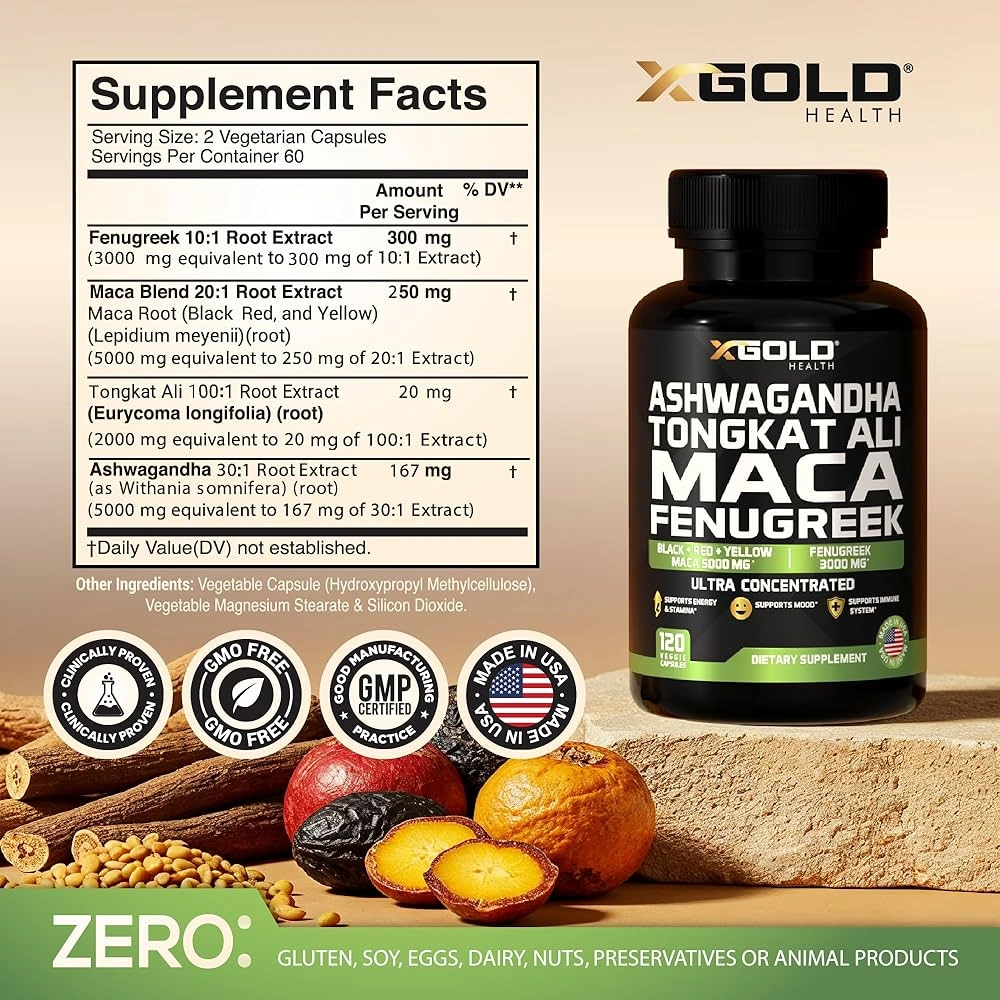

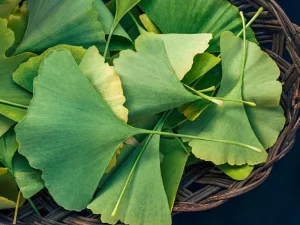
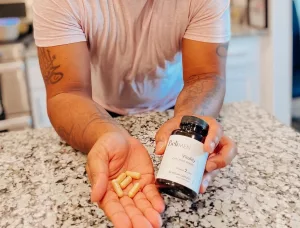

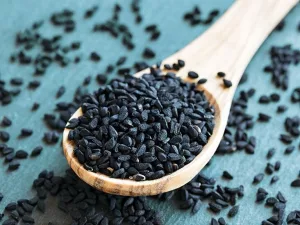

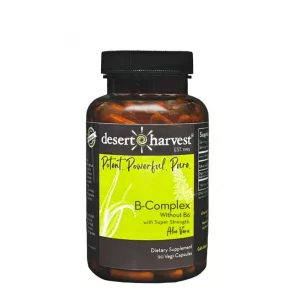
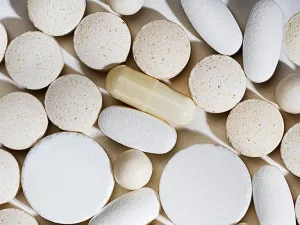










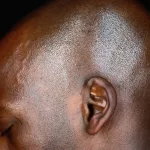

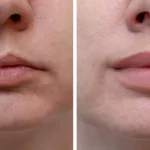
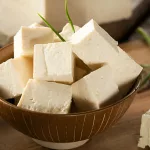
Leave a Reply
You must be logged in to post a comment.